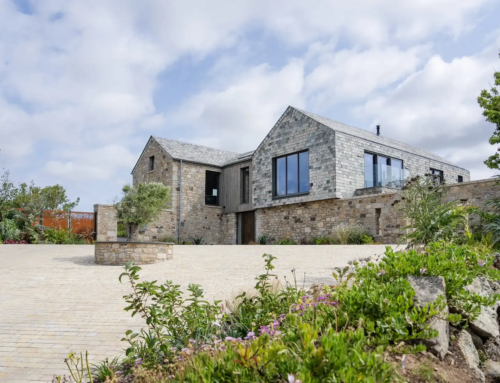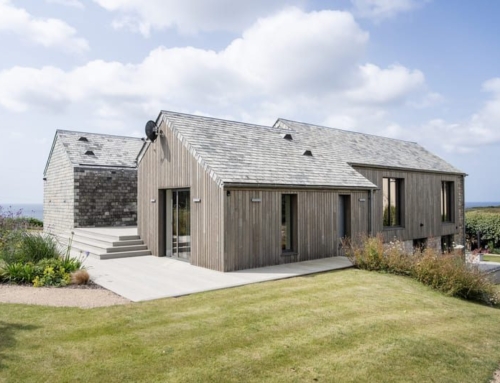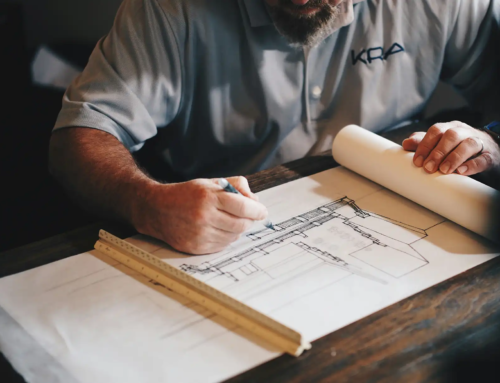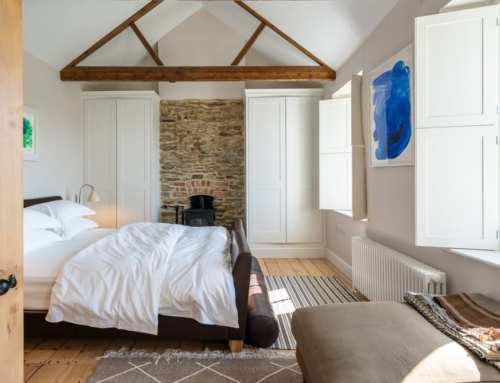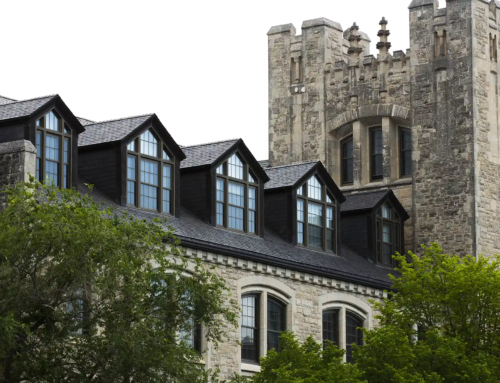Building an extension for a family home
Are you considering extending your family home? Things may have become a little cramped since you’ve welcomed your children into the world, but this doesn’t mean you need to drop everything sell up and move to a new house.
In this post, we’ll help you navigate the types of home extensions suitable for growing families and the considerations tied to this. Let’s get right to it!
Types of home extensions
The first step is to select the right type. There are a few options that may work for you depending on your current house, each of these offers benefits and drawbacks. Some common extension types include:
Dormer extensions: Add rooms by building vertically in unused loft or roof space, perfect if you want more rooms without sacrificing garden space.
Rear extensions: Built from the back of the house, ideal for those with a large garden space.
Side extensions: Built from the side of the house, a good solution if you have unused land next to the house.
Wrap-around extensions: Combine side and rear extensions, perfect for developing open-plan living areas and large kitchens.
Orangery extensions: Add a touch of luxury and timeless elegance to your home. Featuring a mix of brickwork and glass with large windows and a roof lantern or flat roof. Find out how much an orangery costs here.
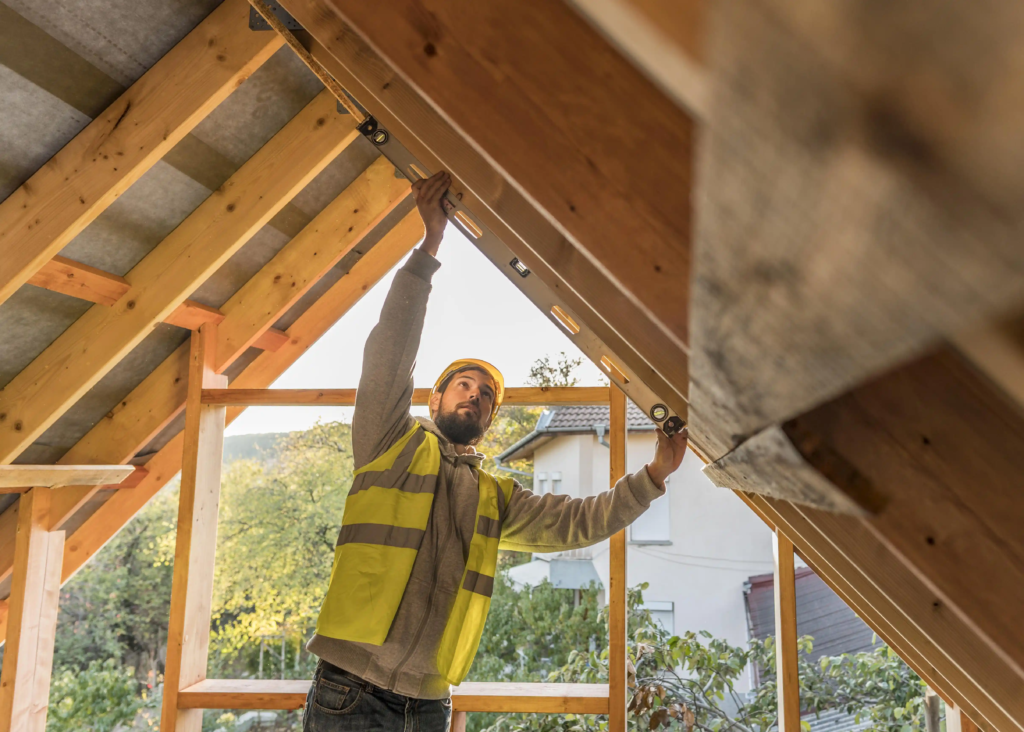
Do you need planning permission?
Before starting any extension project, getting your head around planning permission and permitted development rights is vital. Checking with your local planning authority when building an extension to ensure compliance with regulations can help you avoid unwanted, costly legal issues in the long run.
Planning permission is typically required for larger extensions that considerably modify the house’s appearance. In this process, you must submit comprehensive plans to your local planning authority, which can take a few weeks to get approved.
Permitted development rights enable smaller projects to go ahead without formal approval. The extension must meet the criteria concerning height, size, and other factors, so do your homework first!
Please note: Building regulations apply to most building work so make sure to check the most up to date regulations for your build. Have you checked ceiling heights fall within regulations? check standard ceiling heights here.
Find out if you need planning permission for your extension in Cornwall here.
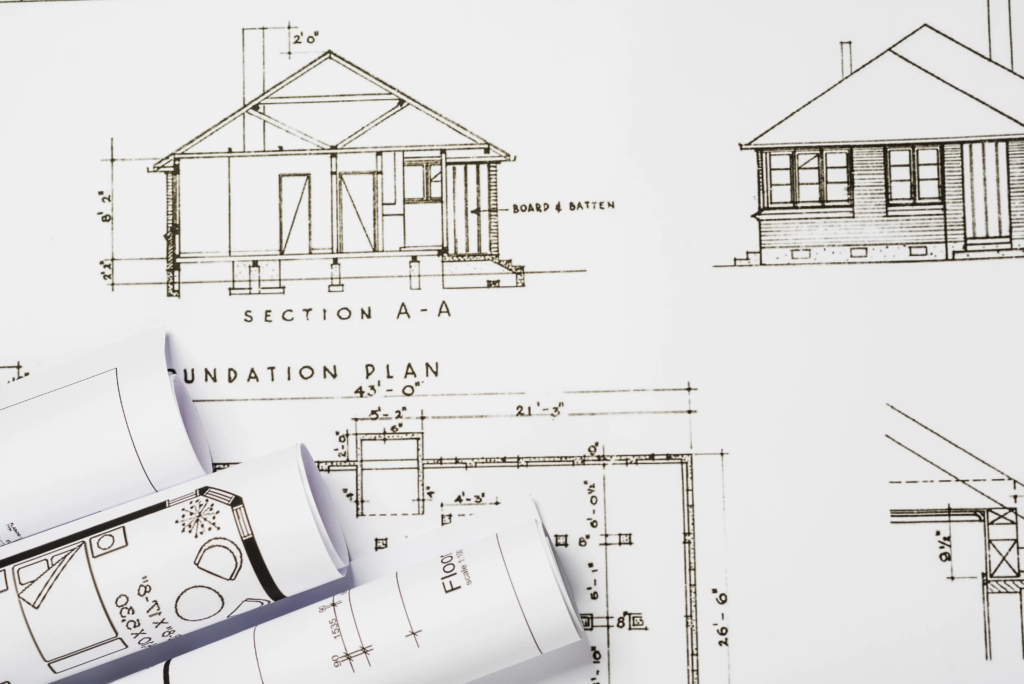
Who will project manage the build?
When picking your project manager, if you are thinking of self managing, always keep your availability, budget, and confidence in managing construction work in mind. Here are some options for project managers with pro and cons:
Owners
For example, taking on the role of project manager yourself can save you a lot of money while giving you complete control over the process. Despite this, being the manager demands expertise in managing these types of projects as well as a large chunk of your time.
Architects
You can be confident that an architect can manage the project with a high level of expertise. They can undergo detailed planning and coordinate with builders to ensure a high-quality income. However, this can be more expensive, so this option may only suit larger projects.
Contractors
General contractors oversee entire builds, coordinate trades, and ensure projects stay on schedule. This option offers a fantastic balance between cost and convenience. Finding an experienced and dependable contractor is crucial, its a good idea to ask around for recommendations.
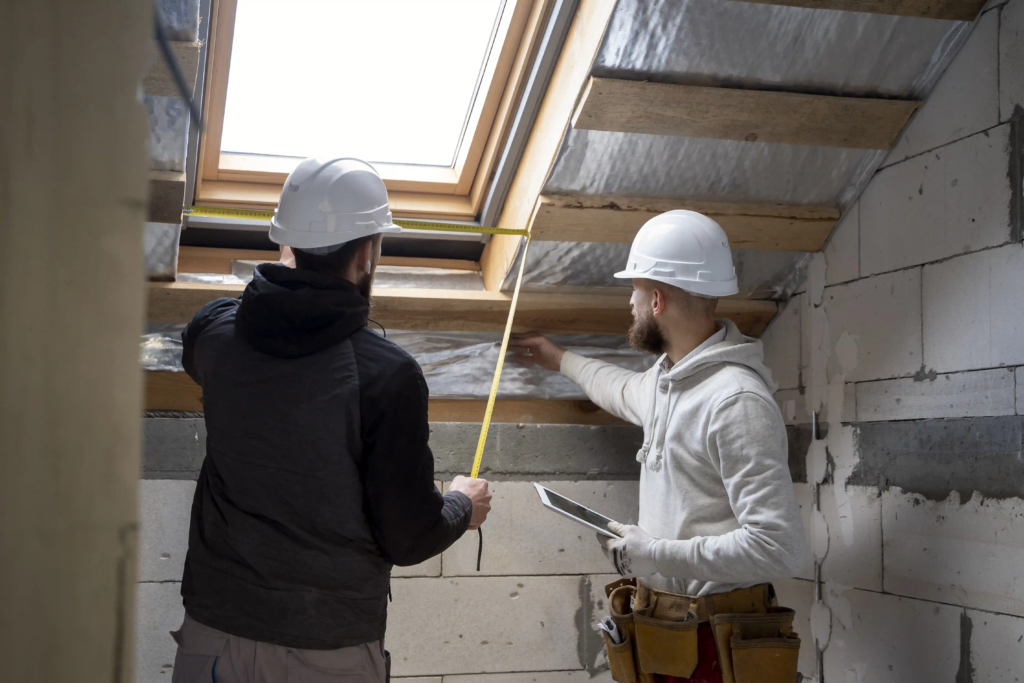
Building an extension: Costs
Ah, the part you’ve been waiting for, the costs! Unfortunately, we can’t pinpoint the exact price of building an extension. After all, this can vary depending on the extension’s size, type and level of finishing, meaning you could be paying from £1,200 per m2 for a standard build to £3,000+ per m2 for a high-end extension.
A large portion of the costs end in the finishing of kitchens & bathrooms, keeping tiled areas to a minimum as well as plumbing and electrics you can keep costs down.
The best way to figure out how much you could be paying for a home extension is to research online for exactly what you would like and then contact local architects and contractors to start pricing up your home extension.

How much value will an extension add to my home?
While home extensions can be costly for the initial build, they can often add considerable value to your property when finished.
You can expect to increase your house’s value by 5% to 20%, depending on the quality and type of the extension. Just be mindful of your local property market conditions, you wouldn’t want to invest too much money into a property that can not give a return on investment due to its location or street value. (Also known as a street ceiling price)
We recommend getting in touch with a local estate agent who will be able to give you a more accurate estimate.

Concluding on home extensions for growing families
Taking on a home extension project can be a fantastic solution for growing families, but this doesn’t come without careful planning and budgeting. By following the right steps, you can boost your living space and property value, making your home one that’s truly designed for your family.
If you have any queries about home extensions, planning or building regulations contact us for further details.


